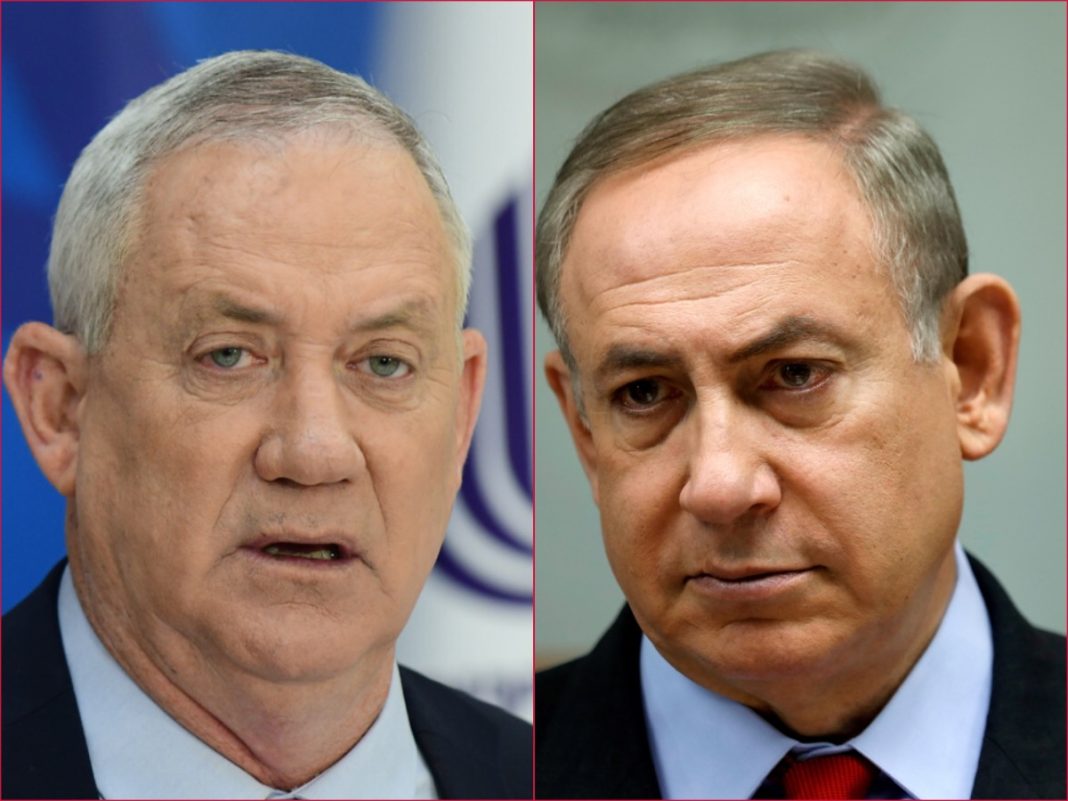TEHRAN, Iran – A significant escalation unfolded overnight as Iran launched an unprecedented aerial assault on Israel, marking a new phase of heightened tension and potential confrontation in the Middle East.
This large-scale attack comes in response to a suspected Israeli strike on the Iranian consulate in Damascus, Syria, earlier in April.
The Attack
Late Sunday, April, 14, 2024, over 300 projectiles, including approximately 170 drones and more than 120 ballistic missiles, were launched towards Israel.
An Iran Defense Forces (IDF) spokesperson, Daniel Hagari, reported that the missiles originated from multiple locations including Iran, Iraq, Yemen, and were coordinated by Lebanon’s Hezbollah.
Despite the vast number of incoming missiles, Hagari noted that Israel’s aerial defense systems successfully intercepted “99%” of the projectiles, with minimal damage reported within Israeli territory.
Tehran targeted the Nevatim airbase in southern Israel, which they allege was the launch site for the April attack on their consulate. Although some missiles reached their target, only light structural damage was incurred and the base remains operational.
In addition to Israel’s defenses, U.S. forces in the eastern Mediterranean intervened, destroying several Iranian ballistic missiles and shooting down numerous unmanned aerial vehicles aimed at Israel.
Motivations Behind the Assault
The roots of this conflict trace back to longstanding tensions between Israel and Iran, compounded by Israel’s ongoing conflict with Hamas since October last year.
Following the destruction of the Iranian consulate in Damascus, which resulted in the death of several high-ranking officials, Iran vowed retaliation.
The heightened animosity has prompted fears of a spiraling regional conflict, with both the U.S. and Israel indicating that an Iranian strike had been anticipated.
Responses and Reactions
In the wake of the attack, Israeli Prime Minister Benjamin Netanyahu and Defense Minister Yoav Gallant commended the military’s effective response.
However, international allies, including the U.S., have urged Israel to seek de-escalation rather than further retaliation.
President Joe Biden, after discussions with Netanyahu, emphasised the importance of viewing the largely thwarted attacks as a demonstration of Israel’s defense capabilities, advising against escalating the conflict.
Similarly, the G7 has issued a joint statement condemning the Iranian attack and called for a cessation of hostilities from Iran and its proxies.
Looking Forward
The Israeli War Cabinet, led by figures such as Benny Gantz and including voices for strong retaliation like Finance Minister Bezalel Smotrich and National Security Minister Itamar Ben Gvir, has yet to decide on the nature and timing of a response.
While some members advocate for immediate and significant action, the overall strategy remains in discussion.
On the Iranian side, officials have warned of more severe actions if Israel continues its retaliatory strikes, indicating a precarious balance that could tip the region into further violence.
As the situation unfolds, the international community watches closely, hoping for a resolution that avoids a broader conflict.







